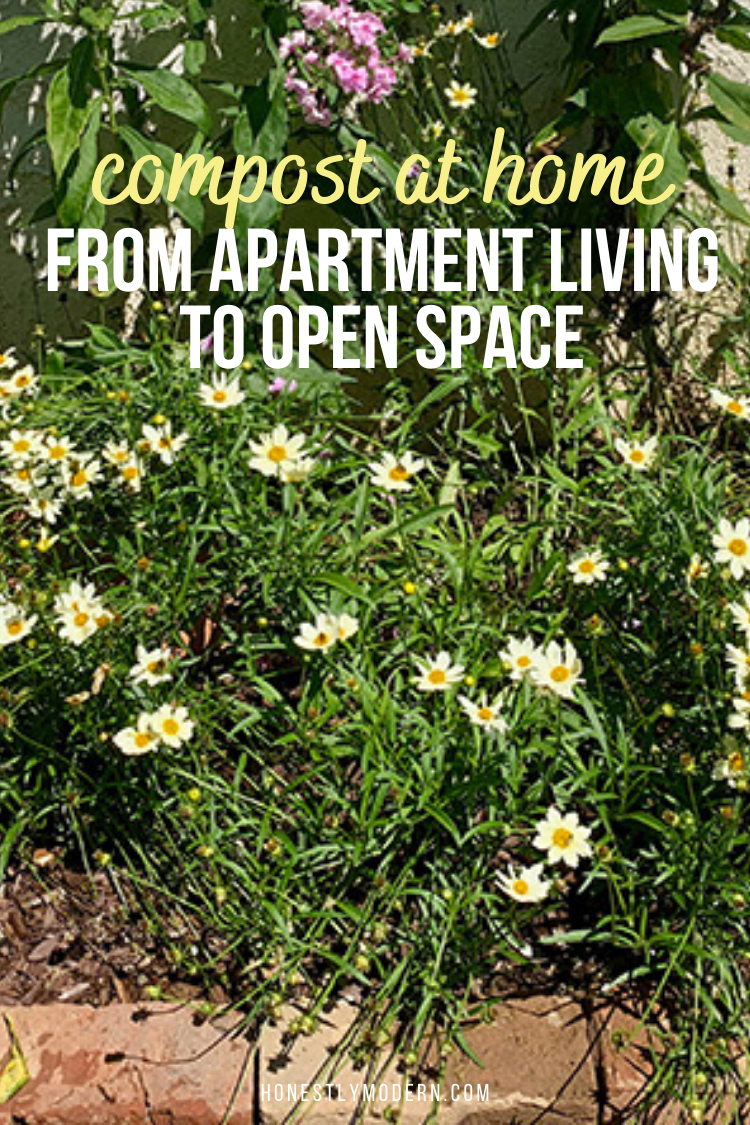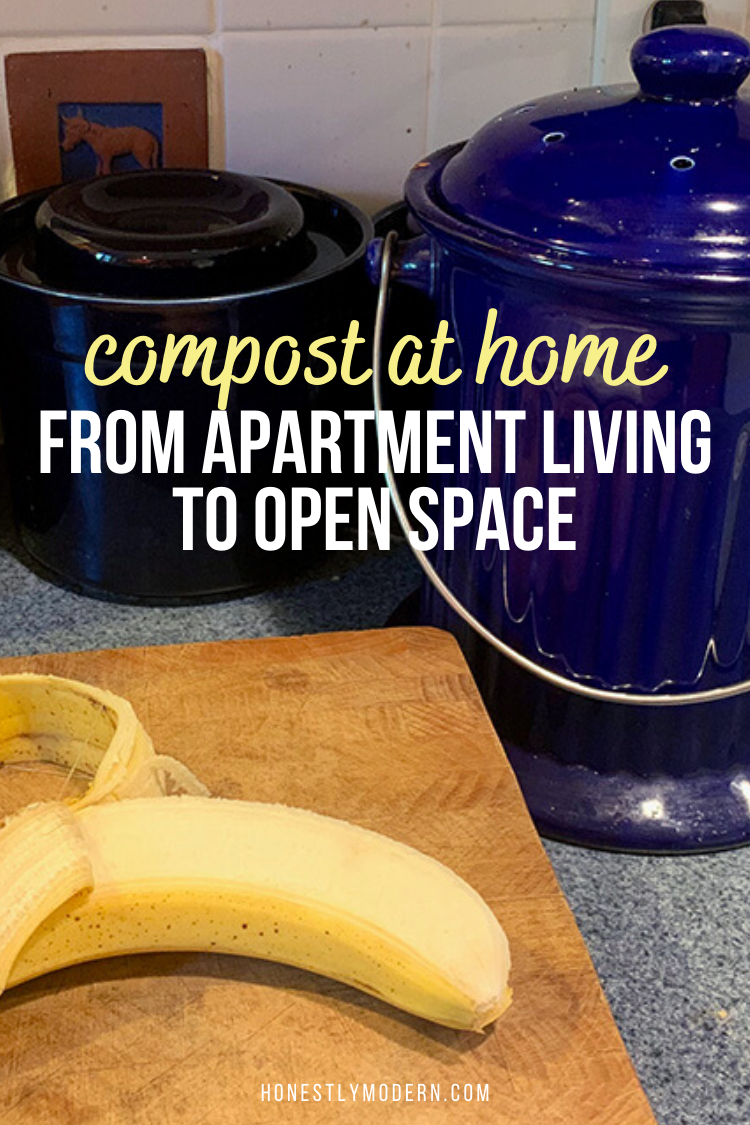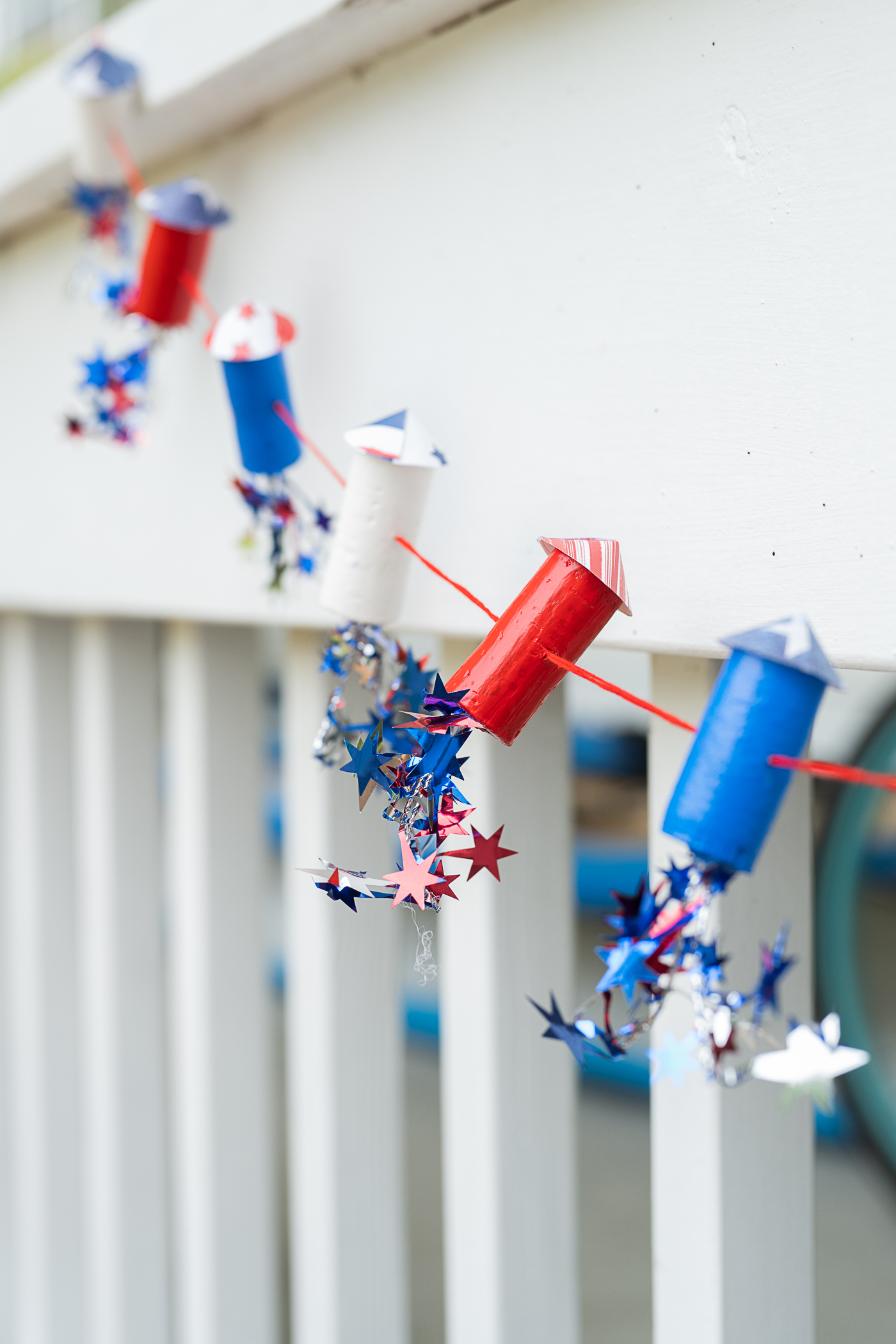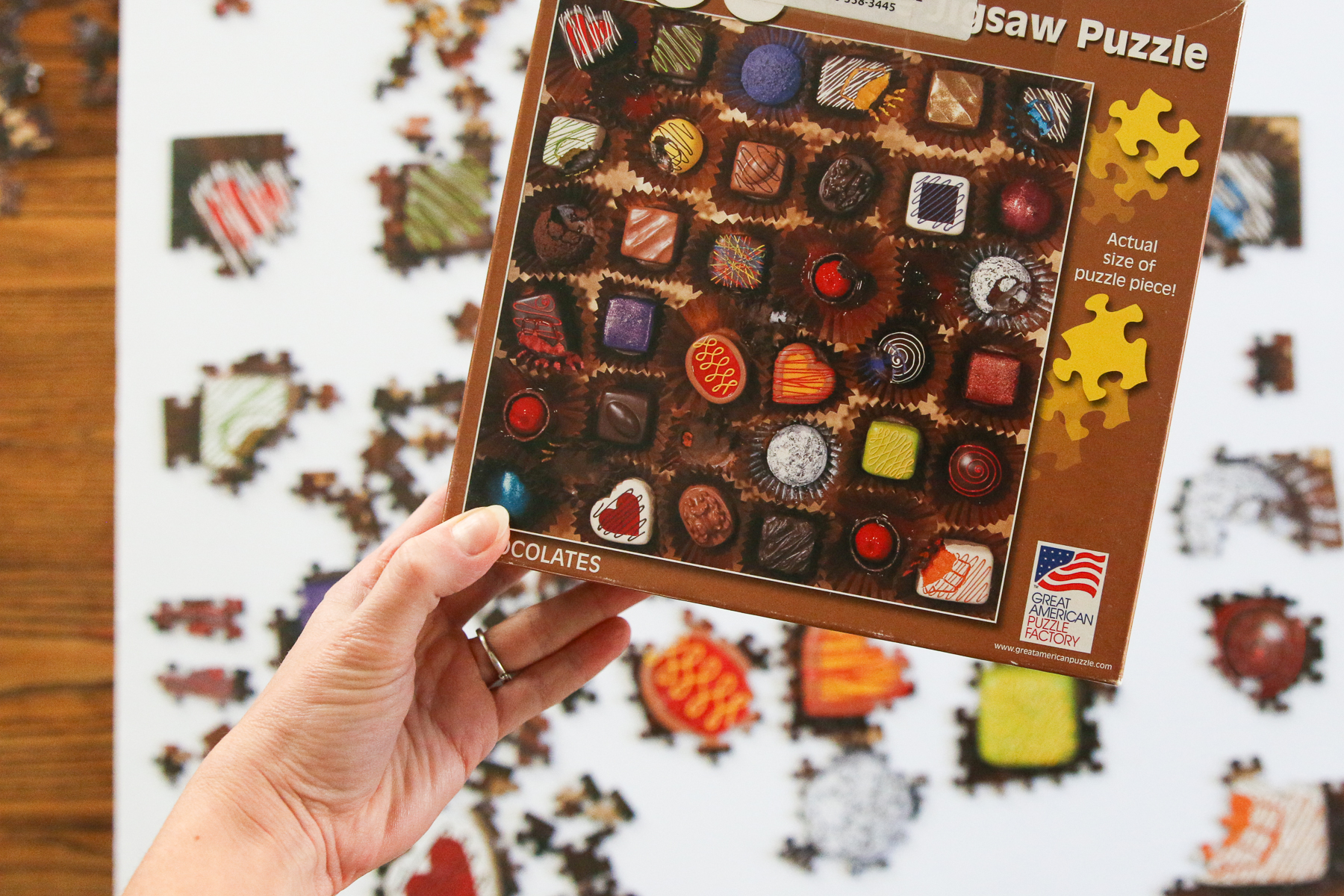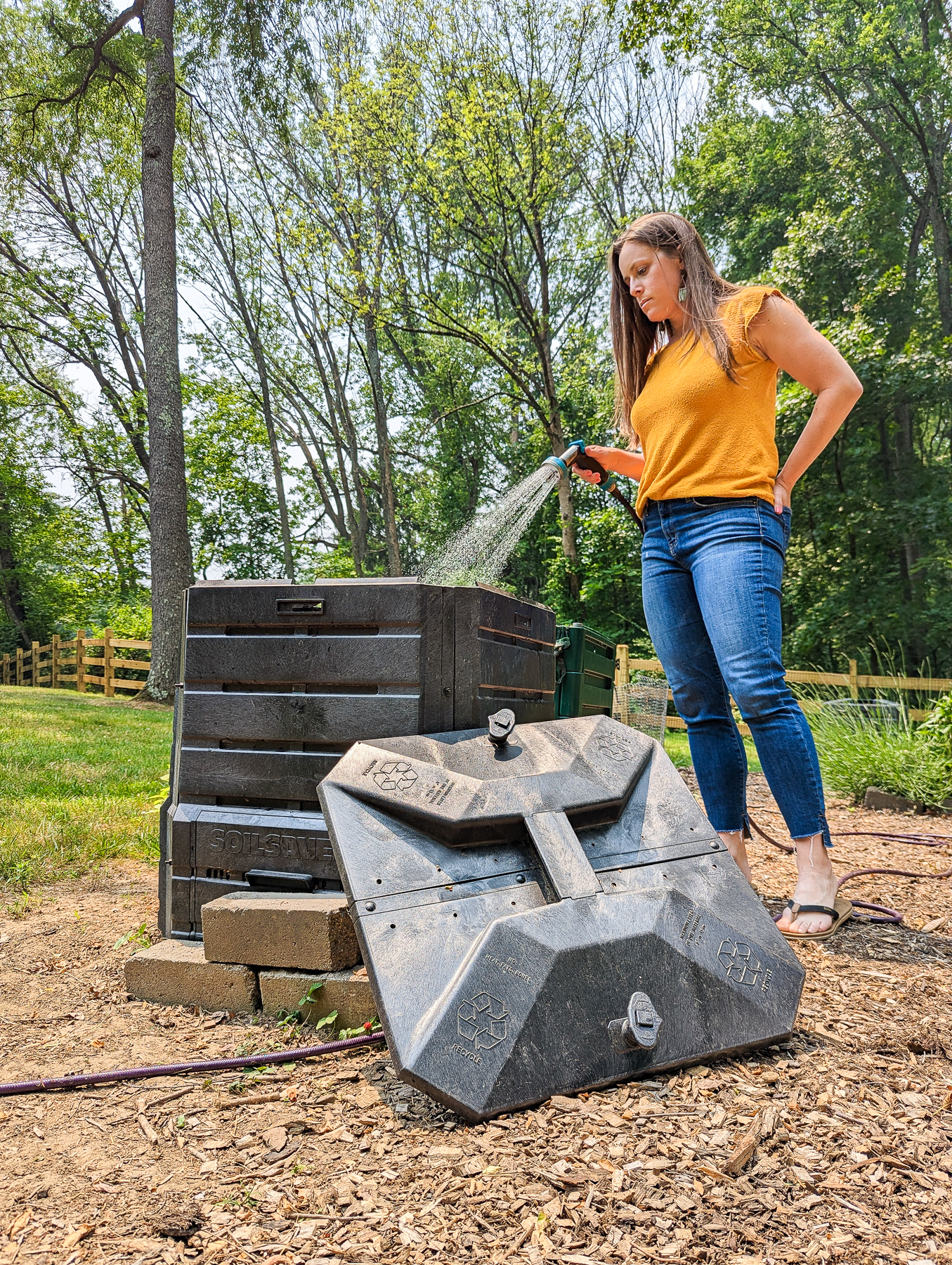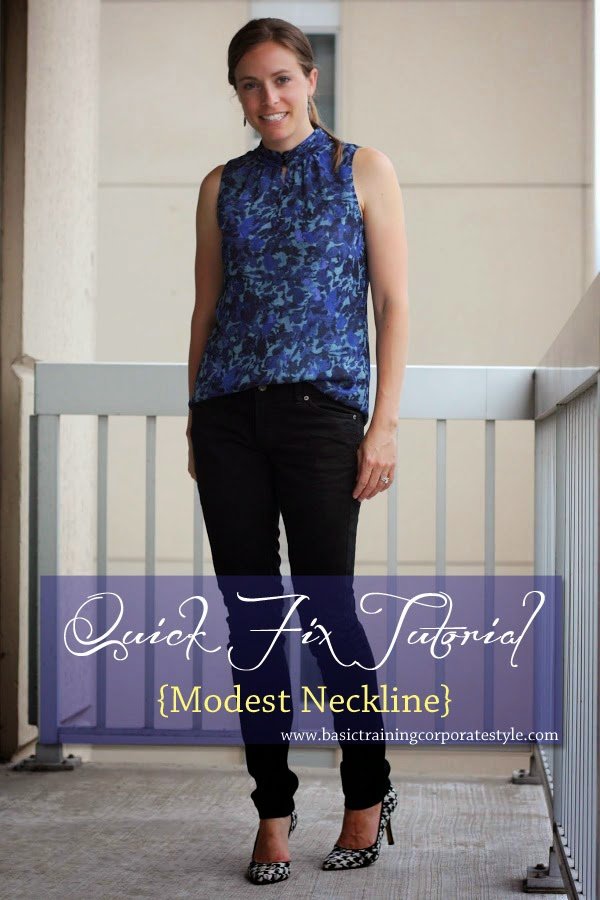How To Compost At Home | From Apartment to Open Space
Do you how to compost at home? Depending on where you live, there are probably certain ways to compost at home that work better than others. This couple learned how to compost in an apartment and then moved to a more rural area while continuing to compost at home. Check out their story about composting in both urban and rural communities.
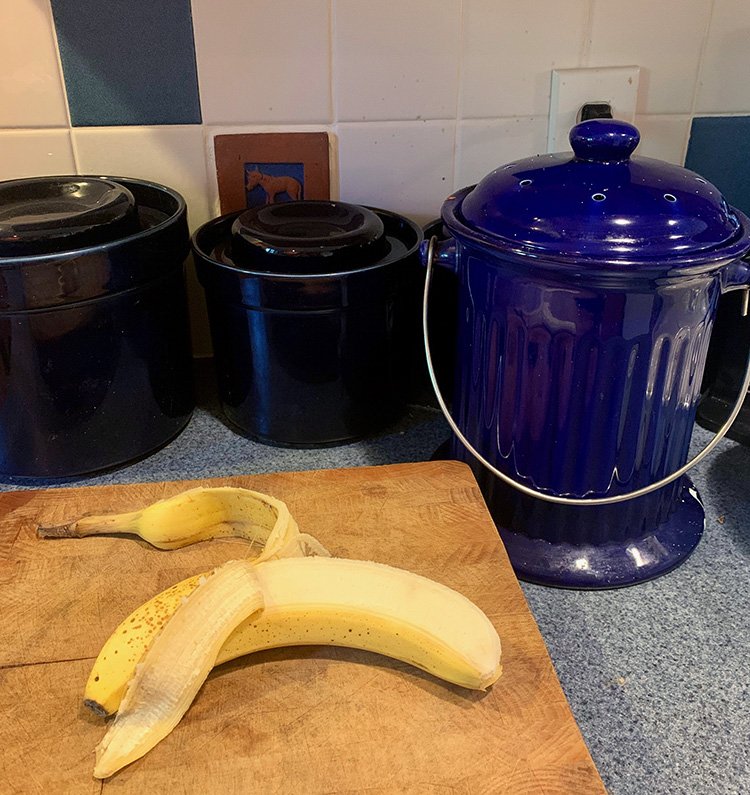
The Compost Chronicles series highlights families in various circumstances who have all found a way to compost at home that works for their lifestyle. Hopefully, you can be inspired to give it a go and help our planet become a little healthier.
Did you know that composting can transform your trash into new life? And that new life, in the form of microbes, fungi, earthworms, and more, provides the foundation for much of all other healthy life on Earth?
Composting is a great way to create healthy soil to support people and our planet. Healthy soil is also a magical carbon sink that absorbs carbon from our atmosphere and helps cool the planet. While dead dirt has few living organisms, a teaspoon of healthy soil has more living organisms in it than the entire population of humans on Planet Earth!
We need everyone to learn how to compost at home and make it a part of everyday life.
Don’t think you can compost? We’ve got a whole set of resources on Everything To Know About How To Compost At Home, including more Compost Chronicles interviews. All of this information about how to compost at home will hopefully prove that just about anyone can make space and find a system to turn their food scraps into nutrient-rich compost to enrich our soil, feed our food cycle, and limit the food waste that ends up in landfills.
In this edition of Bring Your Trash To Life, we are hearing from Sarah. She and her husband have composted in an apartment and now live in a rural area with a big yard. Their composting method has changed as they moved through different stages of life, from a small space to a much larger space. I’ll let Sarah tell you all about how she and her family turn their food scraps into nutrient-rich fertilizer to revive their gardens!
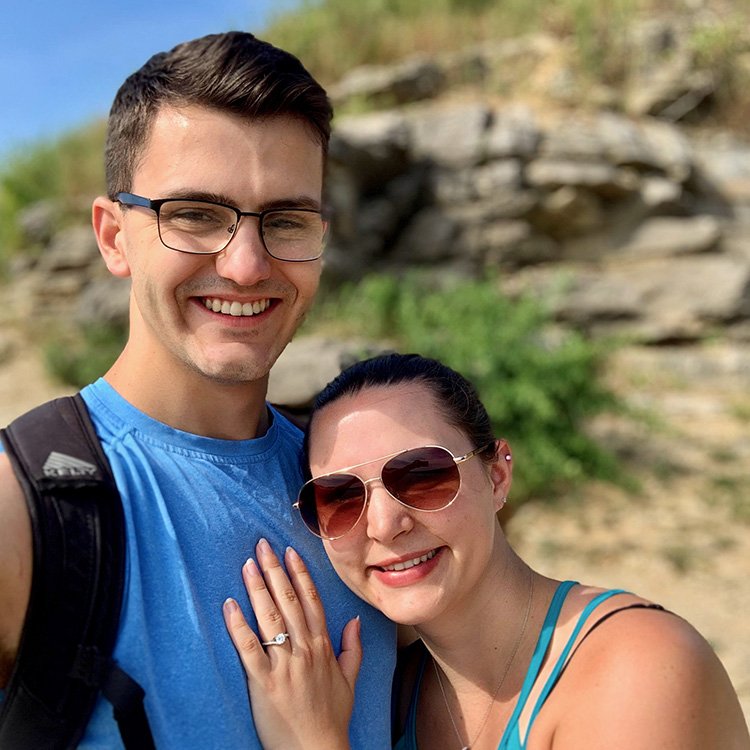
Can you tell us a bit about yourself, where you live, your family, etc…?
My name is Sarah. I am a 24-year-old with a Master’s degree in civil and environmental engineering. I have a husband named Jeff and a dog named Tux. We moved into my parents’ house after I graduated back in May because of uncertainty due to COVID. My parents live in a rural part of Pennsylvania and have about 10 acres of land.
Tell us a little bit about why you decided to start composting?
My parents have had a compost pile in the back yard for as long as we have lived at this house (since I was 2). It has always been a part of my life growing up. My parents have always been conscientious about their environmental impacts, which they instilled in me from a young age. However, I did not really understand how composting impacted our environmental footprint until college, which has encouraged me to want to continue composting.
What methods of composting have you used?
While living with my parents, we just have a compost pile at the edge of the property. We dig up the compost for fertilizing the gardens around the house as we need it.
When I was in my own apartment during graduate school, I had a small compost bin and froze my compost in bags. When the freezer filled up, I took the compost to the landfill where they had a composting area.
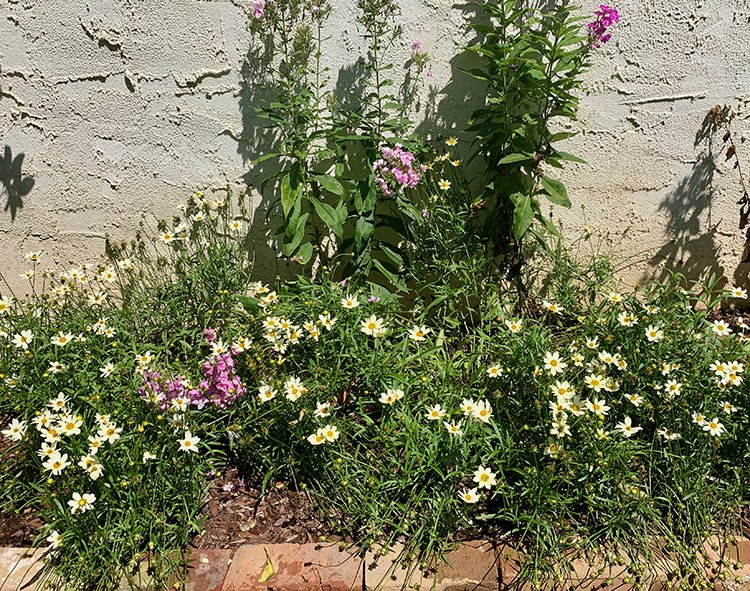
Have you had any composting methods that didn’t work for you?
I had some issues with flies when I kept my compost in my apartment kitchen. I did not have a good place to store it, so I think keeping it under the sink would have helped with the bug problem.
How do you store compost scraps until you take them to your compost pile?
We store the compost in a small bin with a carbon fiber attached in the lid. This helps prevent odors. Also, storing the compost bin under the sink helps prevent from attracting flies and other bugs, something for which I did not have space in my apartment.
As I cook, I set the bin next to my cutting board to make it super easy to transfer the scraps. If you do not have a compost pile and rather have a pick-up service through your city, freezing the compost could be a good way to prevent odors between pick-ups.
Have you had any issues with animals or pests getting into your compost pile?
No, I do not think we have had any issues with animals getting into the compost pile. Our dog gets curious sometimes, but he typically just stays in the yard and doesn’t venture over to where we keep the compost pile.
Do you have any special tools, containers, or products that help make composting easier or more accessible for you?
No, my parents do not do much to maintain the compost pile. Because they have such a large yard, odors are not an issue.
Do you have any other supplies that you store until you need to add them to your compost pile?
We do not add any extra materials to our compost pile. I think it might be good to learn more about adding in more of these items to achieve a better carbon/nitrogen ratio of their compost, but I do not know if this is something they would be open to.
How does your family feel about composting at home?
It took a little adjusting for my husband to remember to compost, but he is on board now. I think since he did not compost growing up, it just wasn’t something he thought about. It was similar getting him to know what could and could not be recycled and how to clean out recyclables. It just takes time to build new habits, but he was definitely open to it.
Have you experienced any benefits from composting, especially ones that might have surprised you?
Although I have not calculated the changes in my carbon footprint from composting, I do know that using a compost pile reduces methane emissions that would be created in a landfill and that is important to me. The other added benefit is not having to pay for fertilizer/manure when gardening. We were able to revive three gardens this spring with just the compost we had and they are really doing well.
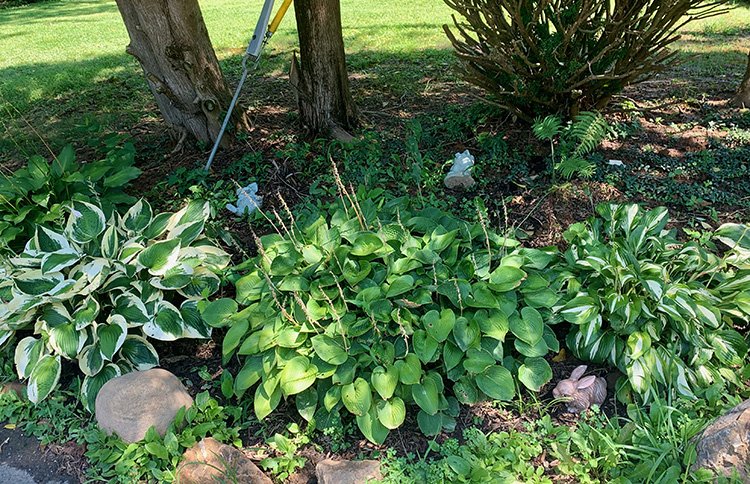
Anything else you’d like to share with readers about your composting practices, especially to help beginners gain confidence that they too can compost?
I would say the first thing to do if you live in a city is to see if there is already a program in your area for collecting compost or if your local landfill accepts compost. This could be a good way to start composting without the need to actually manage or have the space for a compost pile/bin.
Where else can we find you and learn more about what you’re up to?
I have a sustainable food blog called Clean Greene Eats where I discuss the environmental impacts of different recipes and ingredients. I am also on Instagram @cleangreeneeats. I also discuss other issues with our current food system which may be of interest to people looking to learn more about how our industrial food and agricultural system impacts the environment as well as human rights. I will definitely be doing a post soon about the huge issue of food waste!

